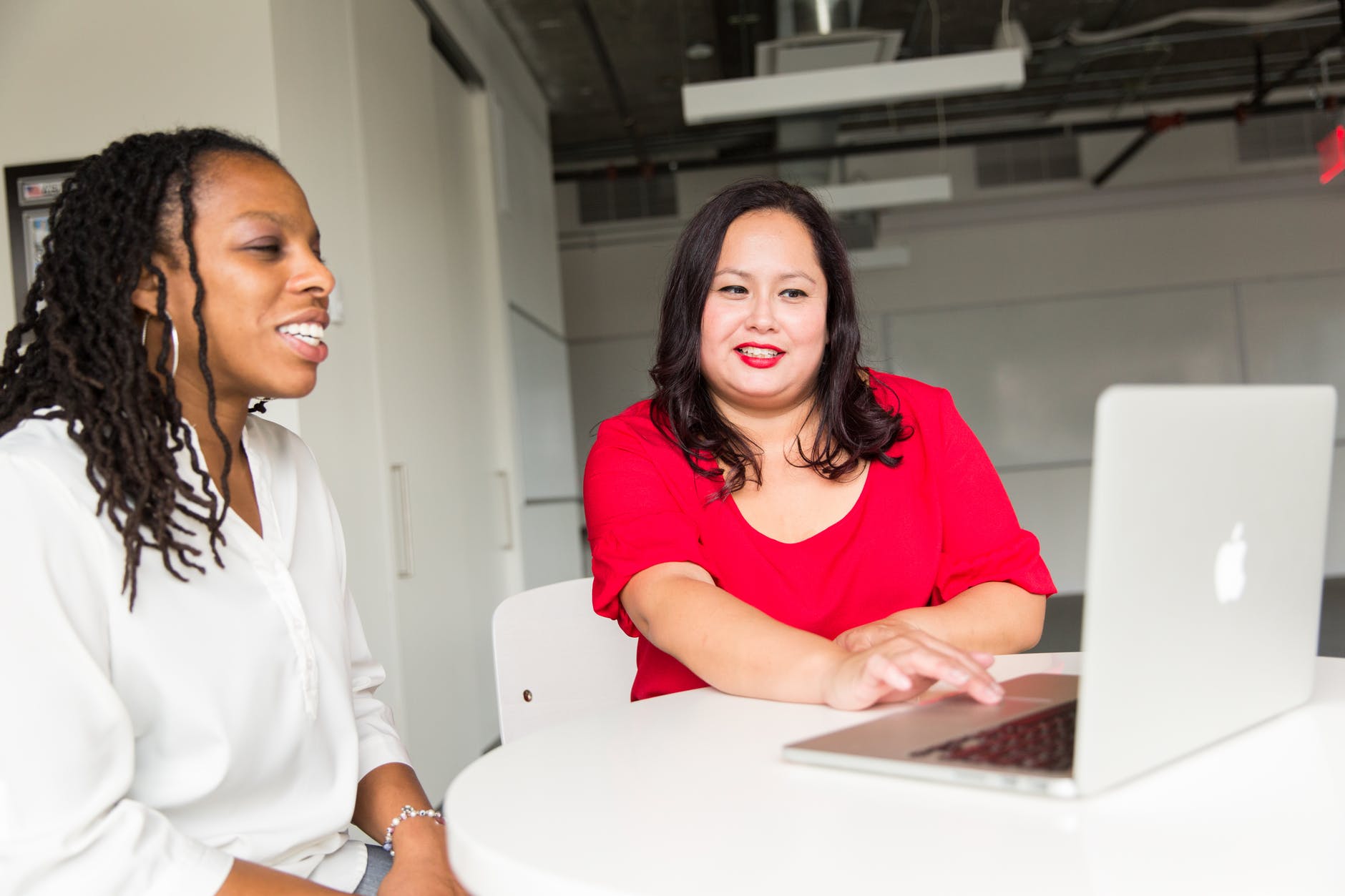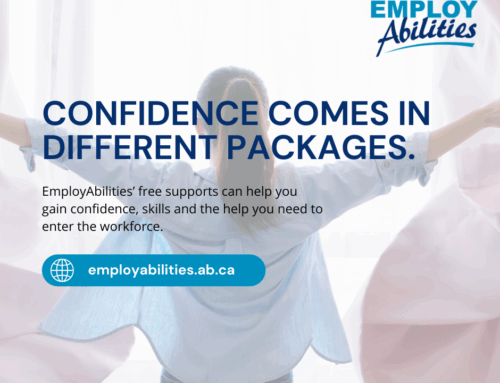
Often, a new employee with disabilities who has little work experience, like youth, will do well if they have a mentor or coach on the job. A mentor may be available to the new worker for some time, but the interaction between the two usually becomes less frequent as time goes on and the new worker learns the ropes. Coaching is usually done in the short-term.
Mentoring
The role of a mentor is to foster confidence and skill development in the new employee. The mentor has lots of contact with the employee to determine how well they’re doing and to determine if they need more training. Usually, the mentor is someone who is experienced in that particular job and has the interpersonal skills and interest to mentor another person.
A mentor will give support and feedback on job performance. They will also give the new work ‘insider’ information about the job, company and other employees. All-in-all, a mentor will make sure the new worker learns the ropes while helping them improve performance and fit in the workplace culture.
Coaching
Coaching is usually related to a specific task or skill. The coach works closely with the worker, to help them learn the new skill or task. When the new worker has a disability, part of the coach’s job is to determine how much of the work the person can take on and how quickly. As with mentoring, the goal is always to improve proficiency and self-sufficiency.
Coaching can be provided by another employee who knows s the details of a particular job or has the skills to do that job. A good coach will have patience, perseverance and interpersonal and communication skills. If you hire through an organization that places people with disabilities in jobs, like EmployAbilties, that agency might be able to provide a coach. This is usually important if the worker has a learning disability.





